University and collaborators published their research findings in the journal Cell Reports Physical Science, successfully developing an acid-resistant "ultrastable mucus-inspired hydrogel" (UMIH). In animal studies, this material has been shown to promote gastrointestinal wound healing and outperform existing clinically used mucosal protective agents.
Hydrogels, such as gelatin, are a class of materials that absorb and retain water and are used for wound healing and sustained drug release. However, traditional hydrogels are susceptible to degradation in acidic environments, such as the stomach. UMIH addresses this problem by mimicking the properties of gastric mucus. The research team introduced three key components into the material structure: ELR-IK24 protein, which binds hydrogen ions to reduce local acidity; tannic acid, which enhances the material's adhesion; and HDI molecules, which stabilize the gel structure in acidic environments.
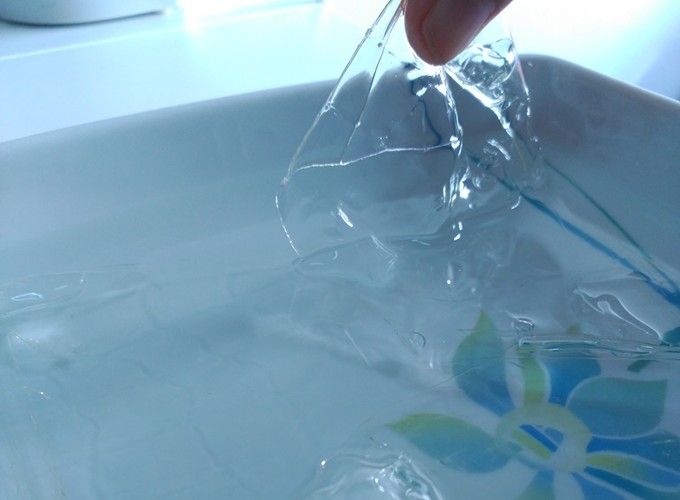
Experimental data showed that under acidic conditions of pH 2, the adhesion strength of UMIH was 15 times that of aluminum phosphate gel, a commonly used mucosal protectant in clinical practice. While aluminum phosphate gel completely degraded within three days, UMIH retained 50% of its structural integrity after seven days. Furthermore, the material was non-toxic to gastrointestinal cells and inhibited the growth of Escherichia coli and Staphylococcus aureus.
In pig and rat esophageal injury models, UMIH adhered tightly to the wound surface and demonstrated better healing effects, including reduced tissue damage, decreased inflammatory response, and promoted neovascularization, compared with the control group and the aluminum phosphate gel-treated group.
Professor Wang Zuankai stated, "UMIHs offer advantages in adhesion, durability, and scalable production, providing a new direction for the development of biomaterials for gastrointestinal repair." Dr. Feng Lou of Sichuan University noted that the material is low-cost, easy to mass-produce, and has a well-established safety profile, giving it excellent commercial prospects. The team plans to combine UMIHs with drug delivery systems and flexible electronic devices to develop intelligent gastrointestinal devices with real-time therapeutic and monitoring capabilities.
The researchers stated that the next step will be to conduct clinical trials to verify the safety and effectiveness of UMIH in humans. This material is expected to provide a new treatment option for gastroesophageal reflux, gastric ulcers, and postoperative wound protection.

 English
English عربى
عربى Español
Español русский
русский 中文简体
中文简体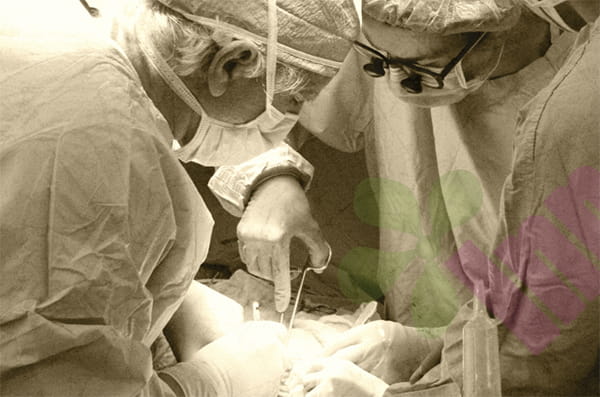

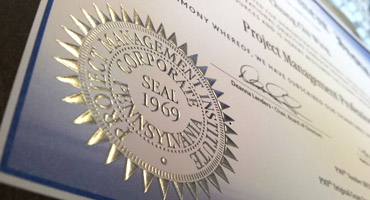




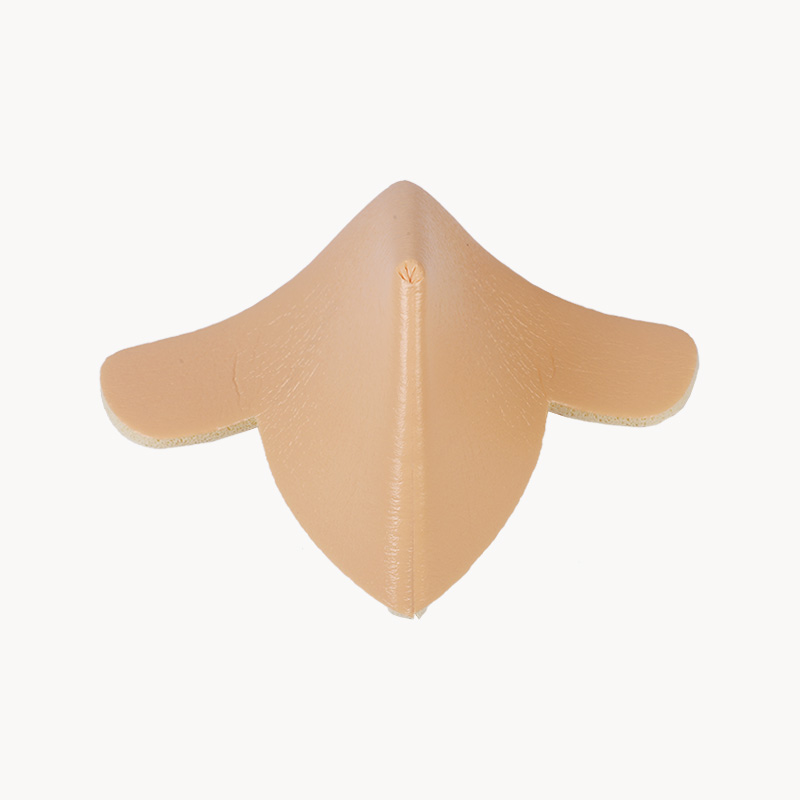
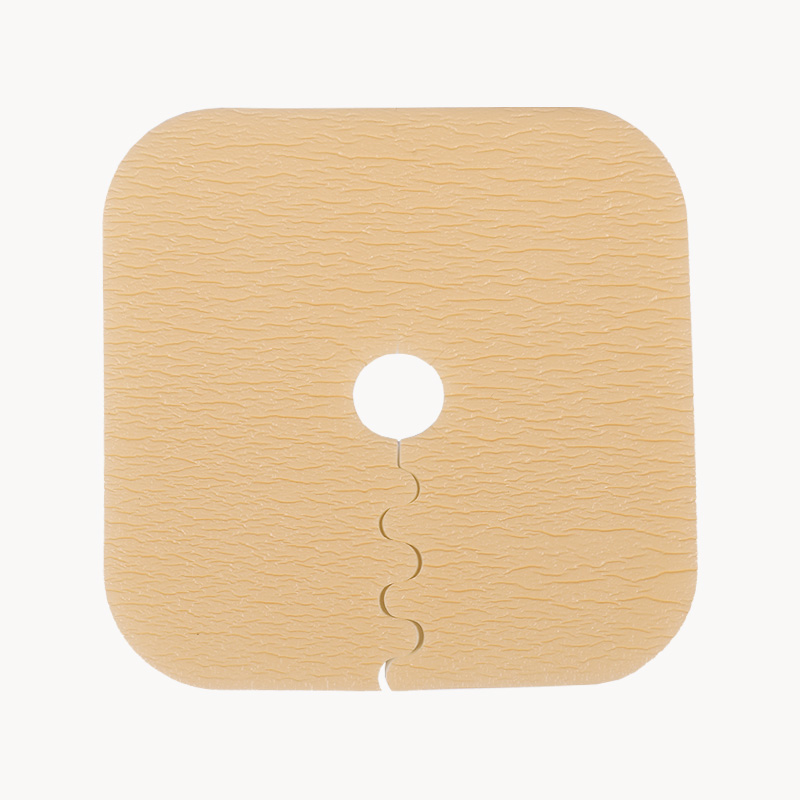
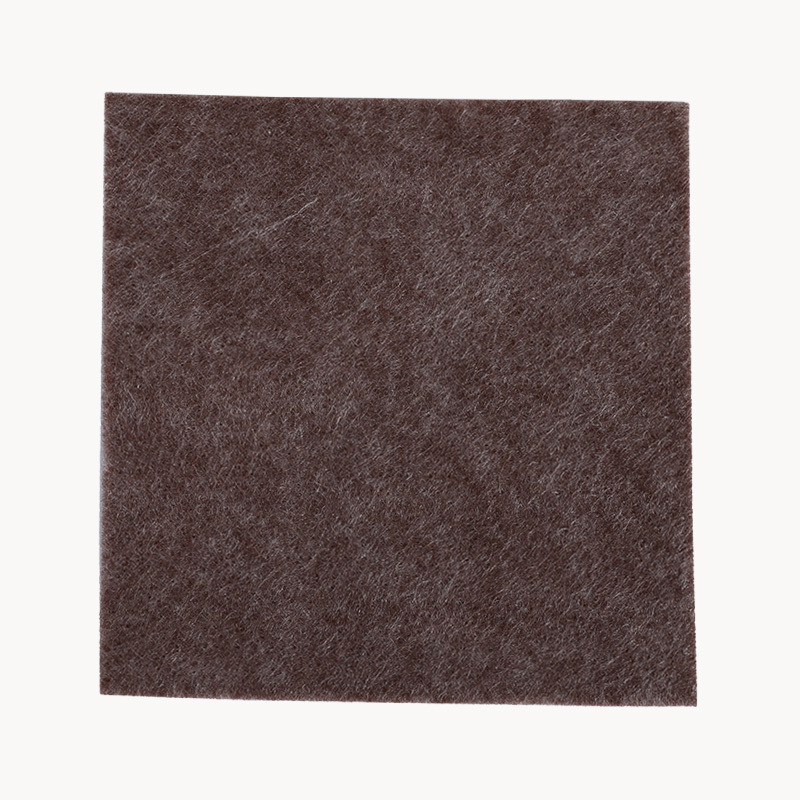
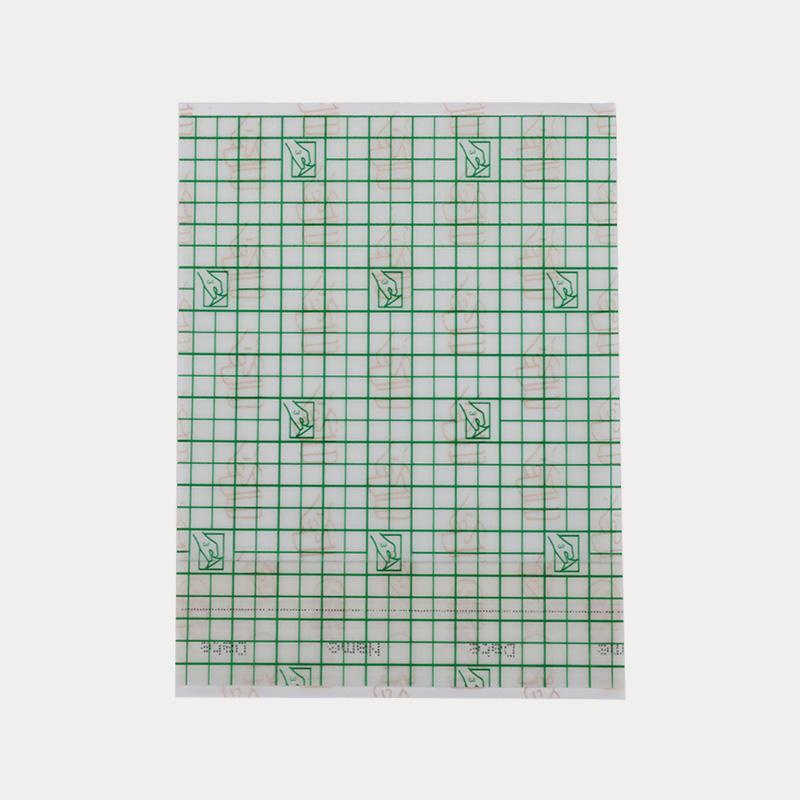
.jpg.png)
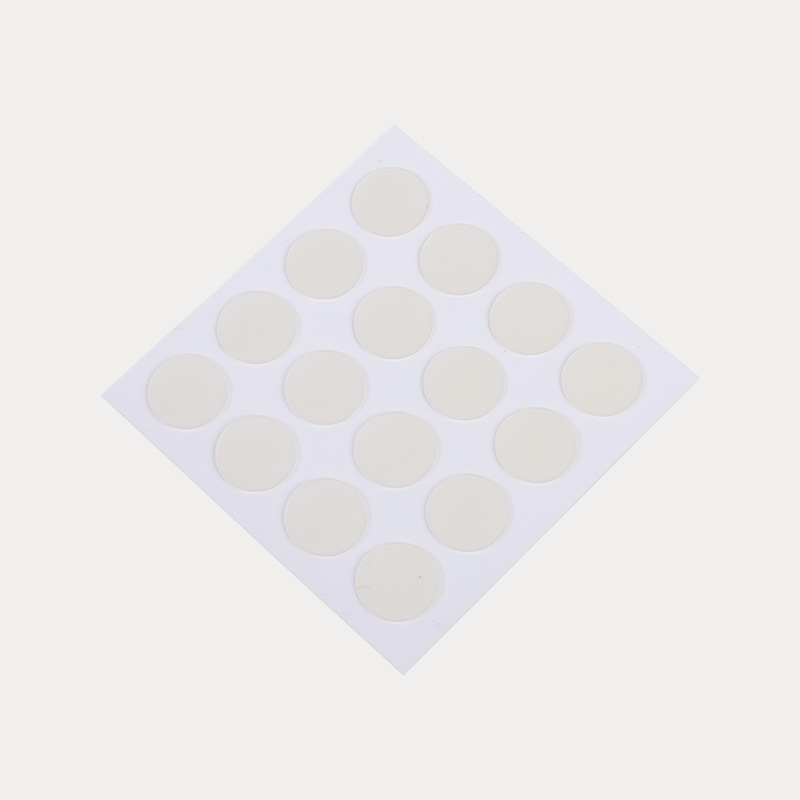
.jpg.png)


